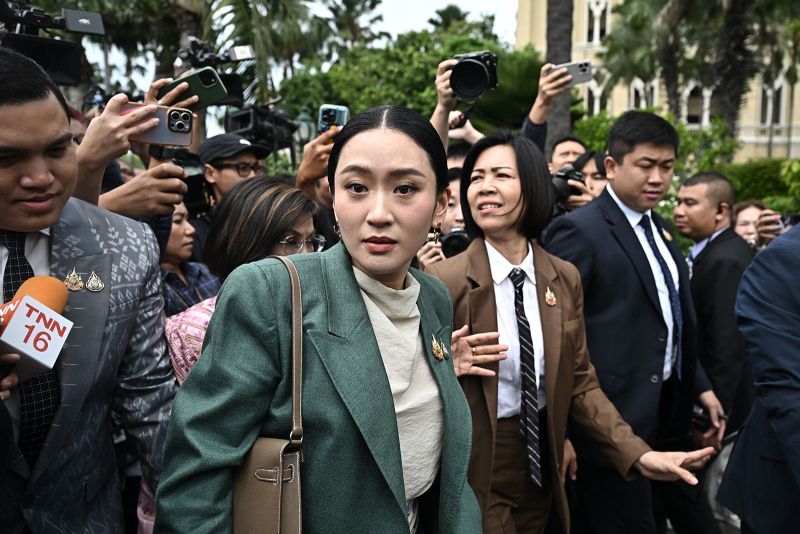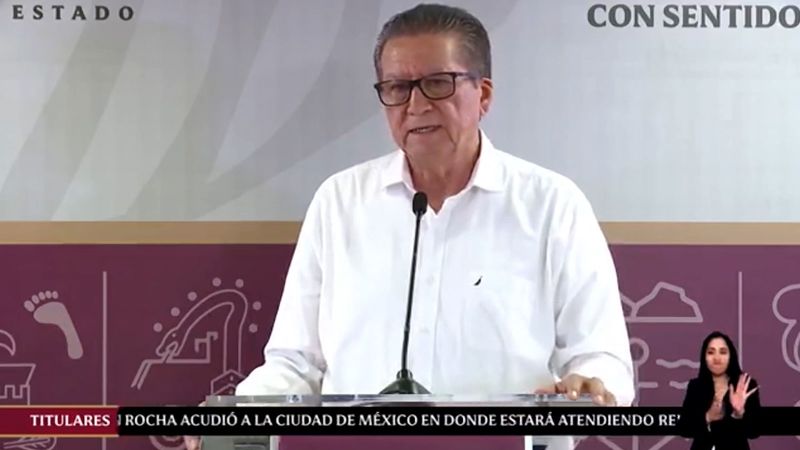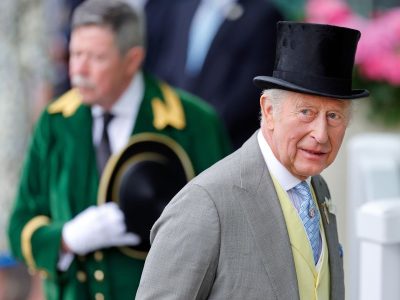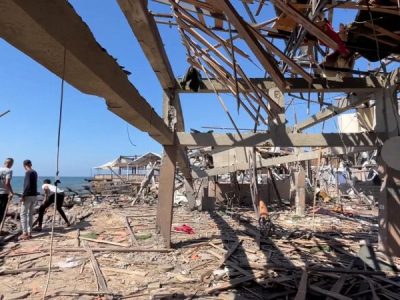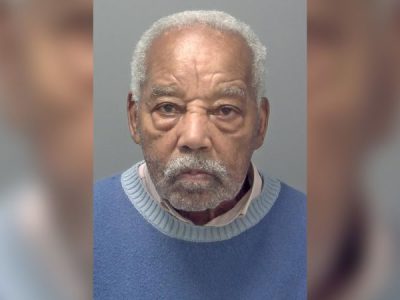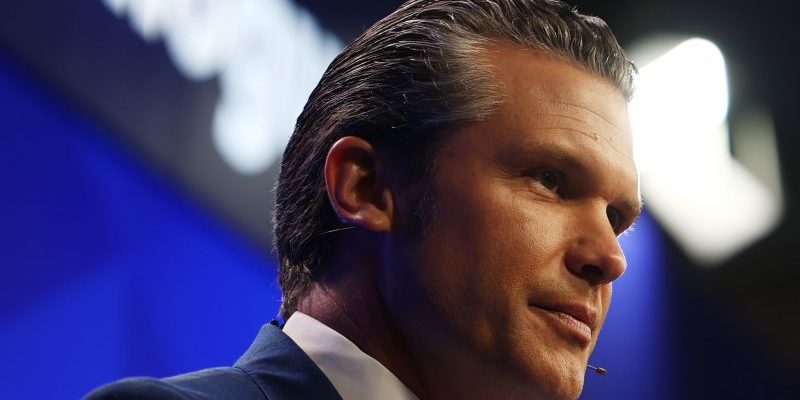
US Defense Secretary Pete Hegseth on Saturday delivered a dire warning to the Asia-Pacific region and the world: China’s designs on Taiwan pose a threat to global peace and stability that requires “our allies and partners do their part on defense.”
“There is no reason to sugarcoat it. The threat China poses is real. And it could be imminent,” Hegseth said in a speech to the Shangri-La Dialogue, Asia’s premier defense forum, in Singapore.
“Beijing is credibly preparing potentially to use military force to alter the balance of power in the Indo-Pacific,” with People’s Liberation Army (PLA) forces training daily to take military action against Taiwan, Hegseth said.
He noted that Chinese leader Xi Jinping has ordered his military to be prepared by 2027 to invade Taiwan, the democratic island of 23 million people that the Chinese Communist Party claims as its sovereign territory despite having never ruled it.
“The PLA is building the military needed to do it, training for it every day and rehearsing for the real deal,” Hegseth said, delivering some of his strongest comments against China since he took office in January.
He said US President Donald Trump has pledged not to let Taiwan fall to China on his watch, and he called on US allies and partners in the region to band together to stand up to Beijing, both on the Taiwan issue and other regional disputes where China aggressively pursues its agenda, such as in the South China Sea.
“China’s behavior towards its neighbors and the world is a wake-up call. And an urgent one,” the US defense chief said.
But he said the US cannot deter the Chinese threat alone, calling on other nations to be “force multipliers” against Beijing.
“We ask – and indeed, we insist – that our allies and partners do their part on defense,” he said.
Hegseth urged Asian countries to increase their defense spending, pointing to NATO allies who have boosted it to 5% of gross domestic product.
“So it doesn’t make sense for countries in Europe to do that while key allies in Asia spend less on defense in the face of an even more formidable threat, not to mention North Korea,” he said.
While Hegseth made clear that Washington does not seek conflict with China, he stressed the Trump administration would not let aggression from Beijing stand.
“We will not be pushed out of this critical region, and we will not let our allies be subordinated and intimidated,” he said.
Hegseth’s speech adds to heated tensions between Washington and Beijing.
China has railed against America’s efforts in recent years to tighten its alliances and stiffen its defense posture in Asia, while economic frictions rose to historic levels earlier this year after Trump imposed tariffs on China, sparking a tit-for-tat between the two countries that saw duties rise to more than 100% on each other’s goods.
The annual Shangri-La Dialogue in Singapore has in the past been a place where defense leaders from the US and China can meet on the sidelines and foster at least a minimal dialogue between the two foes.
No such meeting is expected to take place this year. China announced on Thursday that it would send only a low-level delegation from its National Defense University to Shangri-La, rather than its defense minister, who has spoken at the past five forums.
When the International Institute for Strategic Studies, which sponsors the event, belatedly released a speakers list for the forum on Friday afternoon, the usual 8:30 a.m. time slot for a Chinese representative to speak was scrubbed from the agenda.
At a Chinese Defense Ministry press conference on Thursday, a spokesperson ducked a question on why Beijing was not sending its defense minister to the forum.
China was “open to communication at all levels between the two sides,” a ministry spokesperson said, when asked about a potential sidelines meeting with the US delegation.
Hegseth’s call for allied cooperation in deterring China is a carryover from the Biden administration, but the Trump administration seems more strident than its predecessor.
Ahead of the Singapore conference, there was broad consensus among analysts that unlike the turmoil Trump has caused in Europe – with threats to pull back from NATO and abandon Ukraine in its fight against Russia’s invasion – the US role in Asia has largely been consistent, centered on a policy to counter Chinese influence and back Taiwan.
Analysts noted that US-led military exercises, especially those involving key allies Japan, Australia, the Philippines and South Korea, have continued or even been bolstered in 2025.

